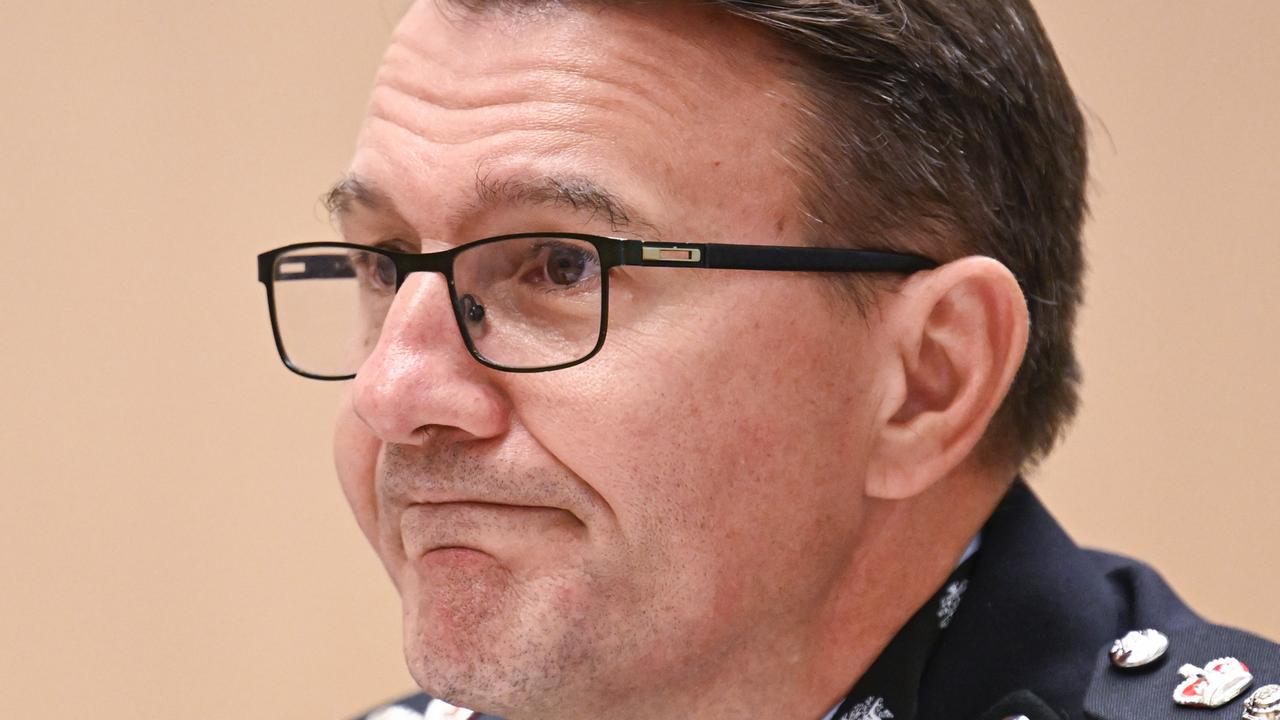Simple change that could save children’s lives
An expert has revealed how a simple change at daycare centres could save lives after a one-year-old died inside a car.
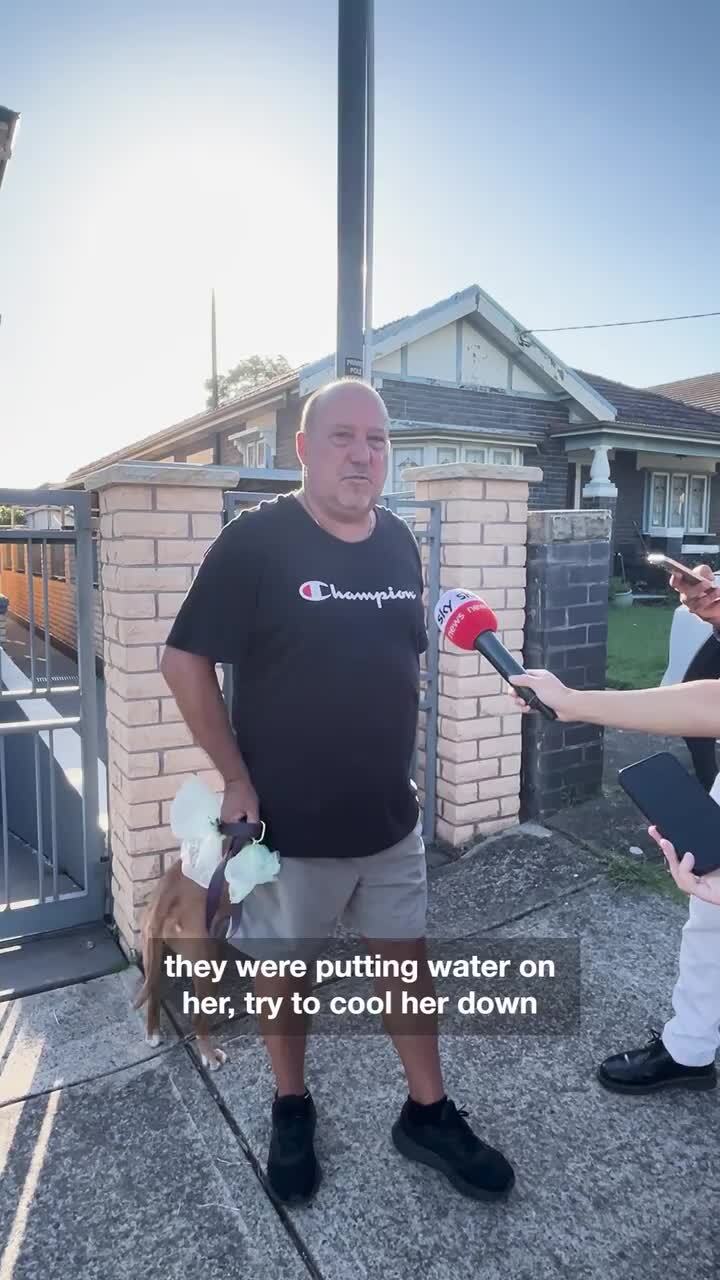
National
Don't miss out on the headlines from National. Followed categories will be added to My News.
The tragic death of a baby locked in a car outside her childcare centre has sparked calls for the introduction of mandatory reporting of unexplained absences of children in daycare and early learning centres.
Baby Olivia was found unresponsive in the back of a car parked outside the My Early Learning Centre Clemton Park in Marana Rd, Earlwood after her father Etienne Ancelet arrived to pick her up from the centre on Tuesday evening.
Despite the efforts of neighbours and paramedics, the 14-month-old could not be revived.
In a hearfelt statement provided to news.com.au on Wednesday afternoon, Olivia’s mother Kim Visconti said: “Olivia was a sweet and beautiful baby, who was the light of our lives.
“We are devastated by what has unfolded. We do not wish this on any parent.”
CEO of the childcare KindiCare app Benjamin Balk said requirements in play in schools across NSW could help avoid future instances of babies accidently left in cars.
He said the risk of children dying in cars would be greatly reduced if parents were alerted by their childcare provider if a child who’s enrolled on the day hasn’t been signed in by 9am.
“If they just did that simple change, children’s lives will be saved,” Mr Balk told news.com.au.
“Schools in New South Wales have mandatory reporting under the under the New South Wales education policies, where if a child has not turned up on a day that they’re scheduled to be in school … it is mandatory that contact is made with the parents and guardians.”
Mr Balk said it is “such an easy problem to solve” as the federal government already mandated electronic record keeping of all children’s attendance in early learning in 2019 under changes to receive the federal childcare subsidy.
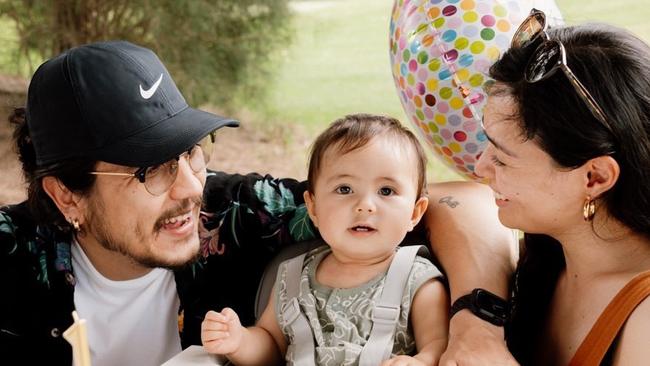
“As a result of that, every parent who has a child in early learning or before and after school care knows that they have to electronically sign their kid in the morning when they arrive at the centre and sign them out in the afternoon.
“So all that needs to happen is changes in mandatory reporting on the software so an alert is sent out and broadcast at 9.30am by SMS or an email saying this child is scheduled to attend today.”
OWNA, which provides childcare management software to 2,700 early learning services in Australia, has already created a feature which automatically notifies families if a child who’s supposed to be in attendance hasn’t been signed in by a parent or guardian.
Founder and CEO Kheang Ly said he introduced the feature after hearing about the death of a child in 2023 who was left in a car at a train station when a dad forgot to drop off them off childcare.
“It was heartbreaking to hear and we thought we could at least help mitigate this issue going forward with our software for our centres and their families,” Mr Ly said.
“Even if it saves one life it is worth the annoyance of parents being sent notifications.”
However, out of the 2,700 early learning services which use his software, only 634 opt to use the feature.
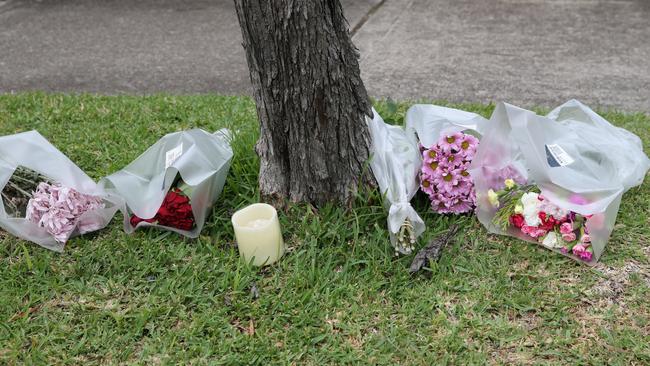
Mr Balk likened mandatory reporting to installing pool fencing to prevent children from drowning in backyard pools.
“Everyone goes through the cost of the trouble of putting up pool fences, because we know it saves lives. It’s exactly the same situation
His message to the federal government is simple: “Mandate unexplained absences, just the same way as the NSW Department of Education has done for primary school and high school students.”
Responding to news.com.au’s question if the federal government would consider introducing mandatory reporting of unexplained absence, Jason Clare, Minister for Education said: “I have asked the national child care safety regulator ACECQA to work with state and territory early education regulators to provide advice to Education Ministers on this.”
Forgotten Baby Syndrome
As investigations into Olivia’s death continue, experts said her death and that of three-year-old Arikh is similar circumstances in Sydney’s south west two years ago shed light on a psychological condition known as Forgotten Baby Syndrome
The fatal distraction occurs when a parent or guardian inadvertently leaves a child in a vehicle or home.
“If we’re distracted while enacting a routine we may miss a step, or fail to make a change and carry on without conscious knowledge of the error,” Professor Matthew Mundy, a human learning and memory expert at Torrens University Australia, told The Sydney Morning Herald.
“Perhaps a normal routine on some days is to drive to daycare, drop off and then drive to work. On others, it may be to drive directly to work. If distraction occurs at the decision point, perhaps turning left rather than right, we end up in the wrong habit and with no knowledge of the error.”
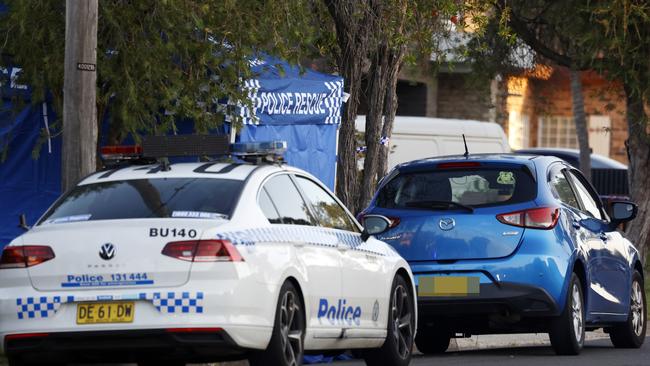
Professor Matthew Mundy said there is a high chance of memory failure if a person is affected by factors such as poor sleep, stress, or exhaustion or distraction.
Prof Munday previously told a Victorian inquest in 2017 over the death of another child who died from being left in the back seat, that it was incredibly easy to forget a child.
“If you are capable of forgetting to post a letter, you are capable of forgetting to take your baby out of the car,” Prof Mundy said.
“Consciously we know that child is way more important than a letter or your mobile phone, but your brain cells … are not making that discrimination for you.”
Dr David Diamond, a psychologist and leading researcher in the field from California previously warned: “It can happen to everyone”.
“The most common response is that only bad or negligent parents forget kids in cars,” Dr Diamond told Consumer Reports in 2022.
“It’s a matter of circumstances.”
He said the human brain was wired to fall into patterns and routines, which is known as motor memory.
This means that when a routine changes, the parent can think they’ve fulfilled their daily tasks when in actuality they haven’t.
“We have kind of a brain autopilot system that allows us to go from point A to point B without thinking about it,” Dr David Diamond told CBS News.
“It actually suppresses our awareness that the child is in the car.
“What is so tragic is that they think they‘ve actually gone to the right location and that the child’s been dropped off at daycare.”

‘One break in routine can change everything’
Anna Baker, a pediatric sleep expert and founder of baby sleep consultant service SleepBaker, told news.com.au that while she didn’t know baby Olivia’s family’s personal circumstances, exhaustion could be fatal.
“We all know the overwhelming exhaustion, the mental fog, the autopilot mode that takes over when sleep is scarce. And we also know that one moment of forgetfulness, one break in routine, can change everything,” Ms Baker said.
“Sleep deprivation is something every parent knows too well. A rough night, or months of broken sleep, can leave you vulnerable. It affects your focus, your judgment, and in some cases, it can change lives forever. I’ve been sleep training children for 20 years and I’ve seen the devastating impact first-hand.
“Kids don’t discriminate – they will happily turn your life upside down if they don’t get the required sleep each day. They don’t care if you’re earning $20 million a movie or you are working a 9-to-5 job.”


She said research has shown that sleep deprivation impairs cognitive function just as much as alcohol. Studies indicate that being awake for 17-19 hours is comparable to having a blood-alcohol level of 0.05 per cent, and after 24 hours, it’s equivalent to 0.10 per cent-over the legal driving limit.
“Imagine what that means for decision-making, reaction time, and memory,” she said.
“Some people can handle sleep deprivation better than others-but no one is immune. It catches up with you. And when you add in stress, mental load, and the unpredictability of parenting, the risks only multiply.
“Hearing about this family, I can’t even begin to process their grief. I don’t know how a parent ever recovers from something like this. We can learn, we can do better, and we can support each other.”
Originally published as Simple change that could save children’s lives





